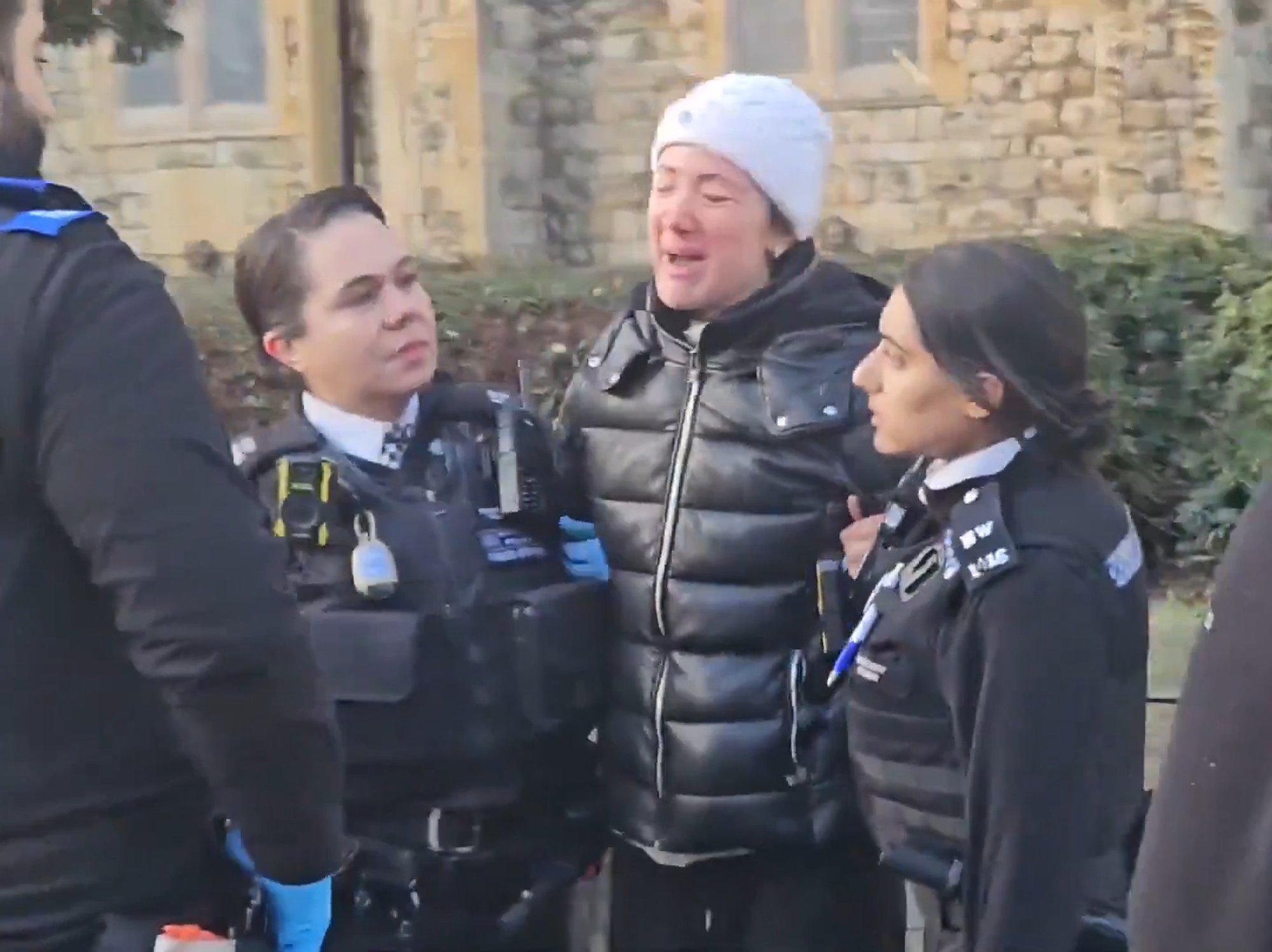Blocking the migrant flight sounds the death knell on democratic sovereignty and Labour's mandate - Rakib Ehsan
The UK’s legal architecture needs to put the collective security and public safety of British citizens at the heart of it, writes political columnist Rakib Ehsan
Don't Miss
Most Read
Trending on GB News
Causing further embarrassment to the Labour Government, a small-boat migrant blocked his deportation to France under the so-called “one in, one out” pilot scheme, winning his High Court bid to have his removal from the UK temporarily blocked.
The Eritrean asylum seeker had been due to be on a flight to France earlier today at 9 am, but brought a legal claim against the Home Office (which defended the case by saying that it was reasonable to expect him to claim asylum in France when he first arrived there).
His legal team argued he needed more time to present evidence that he might have been the victim of modern slavery.
There were already reservations over the “one in, one out” agreement struck between UK Prime Minister Sir Keir Starmer and French President Emmanuel Macron.
Under the deal, some small-boat migrants would be returned to France (without having their asylum claims processed in the UK).
In exchange, the UK agreed to take in the same number of asylum seekers from France - but this would be restricted to those who have not previously attempted to enter Britain without permission and are considered to have a ‘credible’ claim based on having established family ties with those living in England, Scotland, Wales, or Northern Ireland.
However, with some reports suggesting that the scheme would result in the region of fifty people being deported to France, the scheme would involve the removal of only a fraction of small-boat migrants who arrive on the English south coast.
To put this in perspective, on the first full day of Shabana Mahmood being home secretary, 1,097 small-boat migrants arrived in the UK. For this arrangement to be a successful deterrent, the scale of returns to France would need to be far higher.

Blocking the migrant flight sounds the death knell on democratic sovereignty and Labour's mandate - Rakib Ehsan
|Getty Images
This latest form of judicial obstructionism – albeit relating to a scheme that is unlikely to be highly effective in terms of removing small-boat migrants who arrive in the UK after crossing the English Channel – demonstrates that there needs to be the restoration of democratic sovereignty over matters of immigration and asylum.
As it stands, the judiciary can wield far too much power and undermine the policies of the democratically elected UK Government to protect the ‘human rights’ of foreign nationals who have entered Britain without official permission.
While it is important to have a court system that can act as a ‘check’ on forms of government overreach, the nature of judicial interventions in the spheres of immigration and asylum means that it would be difficult for any government to currently get to grips with the ongoing small-boats crisis.
This High Court ruling has once again thrust the role of the European Convention on Human Rights (ECHR) into the spotlight – a supranational international treaty which has been a lightning rod for the British political right since before the previous Conservative government’s Rwanda plan (with Starmer scrapping it being one of the first things he did as prime minister).
One thing is for certain – whether it is ‘smashing the gangs’ or the ‘one in, one out’ deal, the current Labour government does not seem to have the solutions to the small-boats emergency.
The UK’s legal architecture needs to be reorganised in a way that puts the collective security and public safety of British citizens at the heart of it. There must be a more nationalistic interpretation of human rights in the UK.
More From GB News











